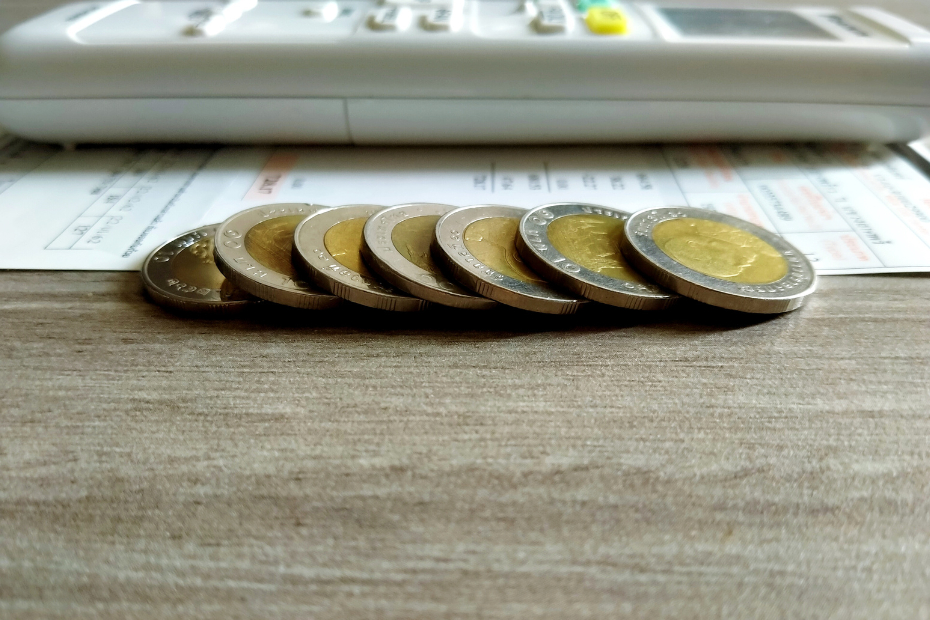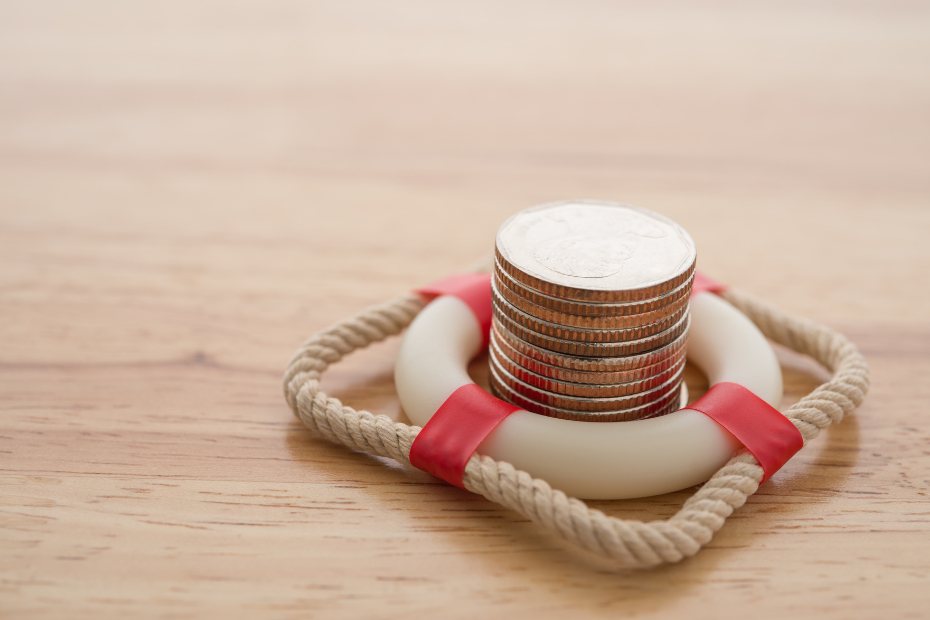Published July 28, 2023 • 5 Min Read
Let’s break down the main benefits of buying a refurbished phone, compared to a new or used one.
1. Refurbished phones help to keep electronic waste out of landfills
This is the big one. When you buy a refurbished phone, you’re helping reduce electronic waste by keeping a perfectly usable item out of landfill.
By choosing a refurbished phone, you’re also extending the use of the rare earth elements that make your phone work. Mining these metals from the earth is environmentally taxing, and while major manufacturers are adopting recycling practices to extract and reuse rare earth elements, the transition takes time. Prolonging the use of a phone, then, is an easy way to maximize the lifespan of these elements today.
2. A refurbished phone helps to reduce greenhouse gas emissions
Extracting raw materials, manufacturing, and shipping a new phone contributes to approximately 95% of the device’s emissions in its first year of use.
An average of 85kg of carbon dioxide equivalent (CO2e) is emitted in the production of a single, new device, so by opting for a refurbished version, you’re helping cut down on C02e emissions.
What does “carbon dioxide equivalent” mean? Carbon dioxide equivalent, or CO2e, describes different greenhouse gases in a common unit. The global warming potential of greenhouse gases like methane and nitrous oxide are converted to the equivalent amount of carbon dioxide (CO2).
3. A refurbished phone could save you money
If you buy a refurbished phone directly from the phone manufacturer, you can expect to save between 15 and 30 per cent on the price of a new phone, depending on the brand.
You can make even greater savings, percentage-wise, when buying from other marketplaces — though depending on where you’re shopping and the terms and conditions you’re opting into, that tends to come with slightly greater risks. Still, those risks can be mitigated greatly by knowing what to look out for before buying.
4. A refurbished phone works just as well as a new phone
A refurbished phone isn’t quite the same as a used phone. “Used” means it’s had an owner — or owners — before you, but there’s no guarantee that anyone’s looked it over to see all the parts are in good working order. That means there are no guarantees that a used phone has much life left in it; whereas if it’s been refurbished, its parts have been examined to see that it’s working well.
If you’re buying from the major phone manufacturers, then “refurbished” means you’re getting a product that really is as good as new. In this case, the pre-owned phone has been taken apart; it’s been checked over and cleaned, and the battery has been replaced with a new one. If it’s a refurbished iPhone, Apple will even replaced the outer shell (Samsung will replace outer parts like the screen and camera where needed, too). Where parts have needed replacing, they’ve been replaced with official parts.
And when you receive your refurbished phone from the store or in the mail, it’s going to come in a spiffing new box with all-new accessories — so you really won’t be able to tell that it ever had an owner before you.
If you’re buying from a small, local store that does phone refurbishments, then you’re likely going to get a bigger cost saving — but the refurbishment isn’t likely going to meet the same standards. Do due diligence, and ask if the replacement parts are the official ones for that model, or if they’ve gone for generic versions.
Also take a look at the online reviews for the shop you’re browsing in to see what others say about their own purchases from there.
5. Refurbished phones come with a warranty
If you’re buying directly through the phone manufacturers, you can typically expect to get a 1-year limited warranty. That’s the same as you’d be getting with a brand-new model.
If you’re buying from a store in your local area, then you’re going to want to ask carefully about the kind of warranty you’re getting — and make sure you get those terms in writing.
If you’re buying from the online website of a big box store, then generally you’re going to get a limited warranty that runs for either 90 days or 1 year depending on the item’s condition. If the phone’s in Excellent condition — meaning it’s basically as good as new — then the warranty is likely for a year. If the phone’s in Very Good or Good condition, meaning there’ll be a few little signs of wear and tear, then you can expect a 90-day warranty, though of course you’ll want to check the terms and conditions carefully.
Just like with any online purchase, it’s important to check the third-party seller’s reviews to ensure their reliability. Also make sure you’re on the part of a site where the refurbished items on offer come with solid guarantees: with eBay, you want to be on the Refurbished program section of the site; with Amazon, head to the Amazon Renewed Store to get the best warranties.
Another way to get a feeling for the third-party seller is to ask them some questions about the product. If they have responsive customer care, that’s a good sign. You’ll also want to check to see what the returns policy is like, as these depend on the store: if you’re buying a certified refurbished phone from Best Buy’s marketplace, for example, then the purchase can’t be returned to a physical store; you’ll have to mail it to the third-party seller within a certain number of days (often within around two weeks). Walmart has a similar policy for items that cost over $250, but items from third-party sellers that cost $250 or less typically can be returned in-store.
This article is intended as general information only and is not to be relied upon as constituting legal, financial or other professional advice. A professional advisor should be consulted regarding your specific situation. Information presented is believed to be factual and up-to-date but we do not guarantee its accuracy and it should not be regarded as a complete analysis of the subjects discussed. All expressions of opinion reflect the judgment of the authors as of the date of publication and are subject to change. No endorsement of any third parties or their advice, opinions, information, products or services is expressly given or implied by Royal Bank of Canada or any of its affiliates.
Share This Article






